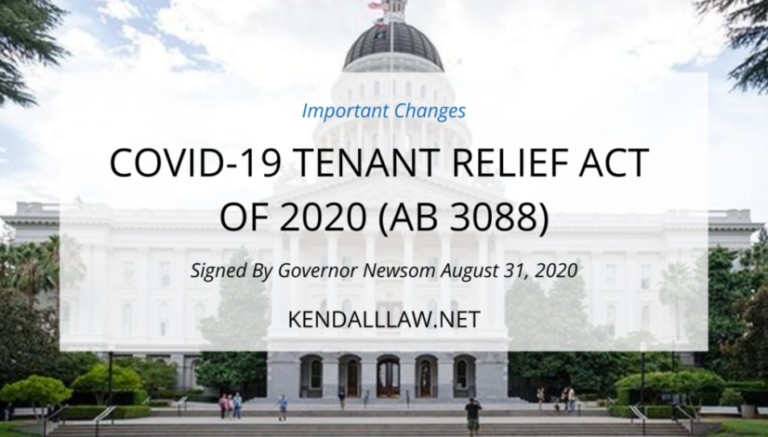Nevada Laws Relating to Security Deposits
Most Nevada landlords require a security deposit when renting their property to a prospective tenant. The security deposit is designed to protect the landlord from financial losses caused by the tenant arising from a variety of situations, including nonpayment of rent and damage to the premises. It is important for landlords to understand Nevada’s security deposit laws so they don’t risk losing the right to use it to cover such losses.
Proper Use of a Security Deposit
Nevada law allows a landlord can keep some or all the tenant’s security deposit for certain reasons, including the following:
- To cover excessive property damage. This is among the top reasons why landlords require a security deposit. This helps shield them from losses caused by a tenant who damages or undertakes unauthorized alterations to the rental property like painting walls unauthorized colors, making holes in walls, breaking mirrors or windows, and the like.
- To cover lost rental income, when a tenant fails to pay rental charges or chooses to break their lease early or abandon the rental property.
- To cover cleaning costs incurred because the tenant did not return the rental property to the condition it was in when they rented it.
- To cover unpaid utilities if the tenant has the responsibility to pay utilities under the rental agreement.
Itemization Required
Landlords are required to provide their tenants with a written itemized accounting of the use of a security deposit.
Use of Surety Bond in Lieu of Security Deposit
Nevada tenants are allowed to use a surety bond for all or part of the deposit if the landlord agrees on the arrangement.
Storing the Security Deposit
Unlike some states where the law dictates how a tenant’s security deposit will be stored, Nevada law doesn’t include any specific requirements.
Nonrefundable Security Deposits Prohibited
Landlords cannot make the security deposit non-refundable. They can, however, charge the tenant a nonrefundable fee for cleaning, which must be reasonable. The amount must also be clearly stated in the rental agreement.
Limits on Amount of Security Deposit
Under Nevada law the amount landlords can charge a tenant for a security deposit depends on the type of rental property. For Section 8 housing , landlords can charge a maximum of one month’s rent or $50, whichever is more. For public housing, landlords are allowed to charge a maximum of one month’s rent. And for private housing, landlords can charge a maximum of three month’s rent.
Return of Security Deposit
Nevada landlords have thirty days after the tenancy ends to return the security deposit to the tenant. If there are deductions, the landlord is required to provide an accounting to the tenant itemizing the nature of the deductions. The landlord can either mail the deposit back to the tenant or hand it personally to the tenant. If the tenant disagrees with any deduction or the landlord fails to return the tenant’s security deposit within thirty days or provide an itemized accounting, the tenant can file a lawsuit against the landlord in small claims court.
Please contact Lynx Legal at 888-441-2355 or info@lynxlegal.com with any questions regarding the above, or if you are ready to start a case. Our experienced professionals are standing by to assist in any way we can.
